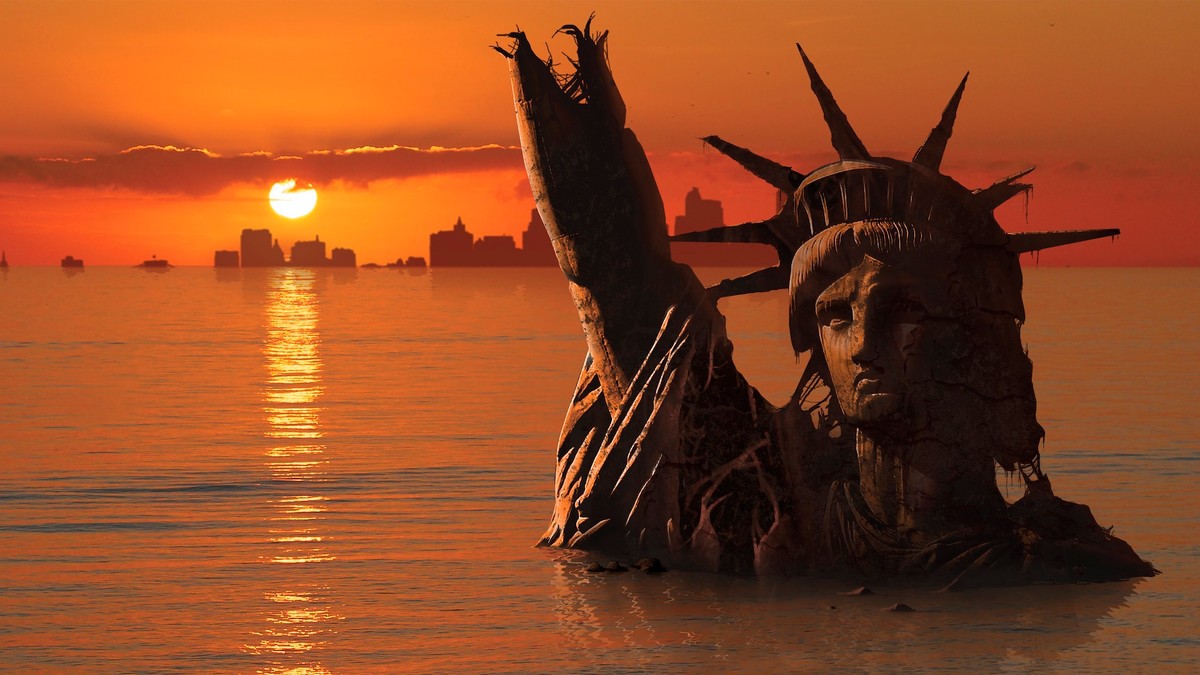The denial of US plastic trash by China started in January. It's not a question of not accepting it. The trash to be recycled is basically trash, even if you sort it all out, it gets dumped in with recyclable garbage that isn't so well sorted. It then costs extra money to handle it, plus the accepting country has to dispose of all the non recyclable trash mixed in with it. Each country is becoming responsible for it's own trash. The bottom line is that China already has to deal with home grown trash that isn't properly sorted, they don't need it from anyone else.
Then the dumpers started looking for other places to dump the trash, and at first it's okay but because of the sheer volume of it starts to pile up. Gets rejected again. Bottom line is get prepared for it to start piling up in your own country. It's a nasty part of commercialism that no one ever talks about. If the situation was examined as a math formula it would easy to see that there is no cost built into the disposal of any product. That has to come out of the profit. Whether it is nuclear waste or food containers, it's all treated the same way, let some one else do it. When 8 billion people are now being served the mistakes in planning become apparent quite easily. The proverbial carpet everything is being swept under is already 2 feet off the ground.
The wipes that say flushable are a joke. Sure they go down your pipes, then out into the street pipes, as nothing is in the pipes for them to get stuck on. Just like the supposedly clean recyclable trash, what seems small and inconspicuous meets up with all the rest of the small and inconspicuous trash. Once that hits the main lines it's time to see what serving eight billion does and sure enough, what was claimed flushable was indeed flushable, it just can't be transported through pipes with equipment or obstructions in them. Those obstructions are invisible to water but not to the crap people are flushing down the pipes.
Last year it was reported that one ran the risk of ingesting 10,000 pieces of micro plastic bits if they ate shell fish. This year it has been reported that if one regularly drinks water in plastic bottles the risk is 100,000 micro plastic bits. We want to use one use plastic so we have no choice but to pay the price, in this case it's eat the price. A fitting punishment for ignorance. There are no known health risks for ingesting micro plastic because no one is studying the problem. That's called digital logic. Perfectly true. And perfectly wrong. This story is interesting in so many ways. The researchers had to trudge through plastic debris on the land, then through the trash on the beach and peer into the plastic littered water and mud and sand around the shell fish. Not once did it apparently occur to these researchers that all the plastic debris around them was getting into our food and water. Wonder if the researchers were drinking plastic bottled water when collecting the shell fish.
The source of plastic fibers in the air is coming from a cloud of confusion. Part of the problem is that when plastic is recycled it gets brittle. Fabrics and other materials made from virgin plastic shed less than fabrics and materials made from recycled plastic. That means we shouldn't be using recycled plastic in applications that cause it to shed plastic. Using recycled plastic allows products to be made from cheaper materials. Instead of using recycled plastic to make more plastic fabrics they should be using natural substances to make more natural products that can safely shed all day long.
One possible cause for this confusion is that everyone's brains are soaking in a solution of pollution that is created by all the products, materials, and chemicals we use in everyday life. Everything sheds particles. The smaller the particle gets, the less it's movement is controlled by gravity and more by forces such as the wind or other physical currents of motion. Being relatively weightless it can easily travel half way around the world and that's all it really needs to do. Some of it does come back again and again. The plastic debris floating around is a free mass transportation system for the microbes, fungi, and viruses powered by gravity and garbage.



